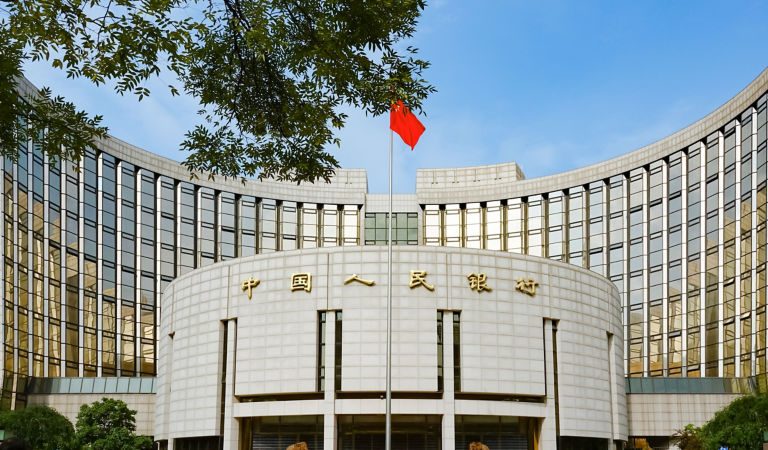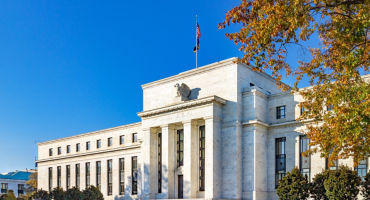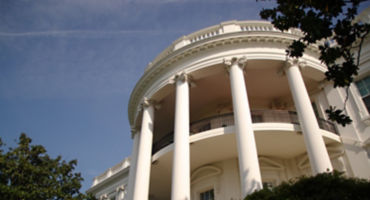Similarly, other ERM currencies, most notably the Italian lira and Spanish peseta, went through various rounds of devaluations against the German mark, enabling them to maintain export competitiveness. And back in the 1980s, the G7 countries sought a strategic devaluation of the US dollar through coordinated efforts (the Plaza and Louvre Accords), with the aim of addressing major imbalances in the global economy.
What does this mean for investors?
Since the introduction of the euro, active currency intervention has mostly occurred in emerging markets, most notably in Argentina and Turkey. Among developed economies, the use of active currency management has been limited to Switzerland, as the safe-haven status of the Swiss franc has, at times, posed a risk for the Swiss economy and the effectiveness of its monetary policy.
However, intervention has become more frequent in the last two years. We have seen Japan’s Ministry of Finance step into markets with tens of billions of US dollars to shore up the value of the Japanese yen while the Chinese authorities appear to be allowing the renminbi to float more freely in global markets in an attempt to devalue the currency and improve competitiveness. There has even been speculation that some Trump advisers are in favour of including currency intervention in the US government’s economic toolkit, should the Republican Party regain control of the administration. While on the surface implausible, such a move would be bold and unprecedented in recent history.
The inevitable conclusion is that once a critical mass of countries engage in active currency manipulation, a sort of prisoner’s dilemma ensues: there is no advantage in not taking part. This has potentially significant implications for investors and allocators:
- Investments in global fixed income markets can continue to provide significant benefits in an environment of higher currency volatility, including diversification from domestic markets. In this context, increased currency volatility needn’t be only a risk to hedge. It can present opportunities for consistent alpha generation too.
- Equity investors without a hedging programme may find their gains eroded in the event of significant currency moves.
- The disintermediation of the US dollar as the global reserve currency seems unlikely for now but is an increasing tail risk.














